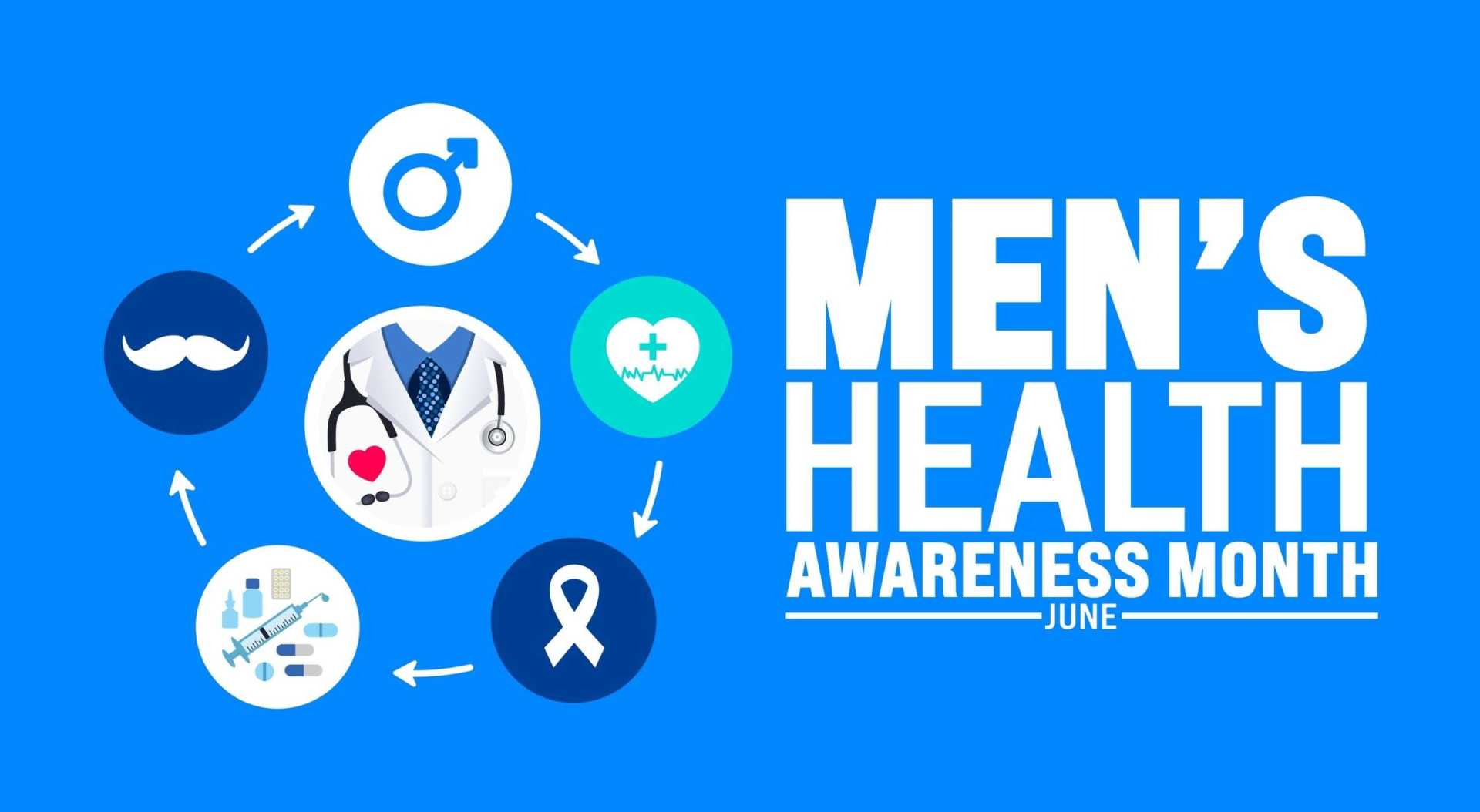Health
Men Urged to Prioritize Health This June for Men’s Health Month

SALT LAKE CITY, Utah — June is Men’s Health Awareness Month, and healthcare experts at Intermountain Health are calling on men to be proactive about their health by scheduling annual checkups, screenings, and vaccinations.
“At Intermountain Health, we believe good health starts with primary care teamwork,” said Dr. Nathan Merriman, senior medical director at Intermountain Health Clinical Programs. He explained that the organization offers primary care for all ages, including annual exams and chronic condition management.
In the past, many men viewed annual physicals as necessary only for older adults. However, medical professionals recommend starting regular health screenings for men in their early 20s. Merriman pointed out that preventative screenings, such as annual physicals, are often covered by insurance.
Historically, men were advised to start screening for prostate and colon cancers at age 50. Now, the age for colon cancer screenings has been adjusted to 45 for those at average risk. Family medical history is also crucial; if a parent had colon cancer at age 40, screenings should start at 30 for their children.
Merriman emphasized that yearly checkups can help catch potential health issues early, such as monitoring cholesterol levels and alerting men to skin cancer through regular exams.
Despite feeling young and invincible, men in their 20s and 30s are urged to take preventive health screenings seriously. “Teamwork with healthcare providers can improve the quality and longevity of life,” Merriman noted.
Heart health is a critical area of focus. Men are encouraged to monitor cholesterol, blood pressure, weight, and glucose levels, alongside their family health history.
Vaccinations also play a vital role in overall health, with recommendations for adults to stay updated on pneumococcal, hepatitis, shingles, and influenza vaccines.
Dr. Kwame Akoto, a family medicine physician at Kaiser Permanente, stated that men often face serious health issues earlier in life than women. He noted that conditions like high blood pressure and heart disease are more common among men.
Akoto emphasized that waiting until symptoms worsen can lead to severe complications. He encourages men to be proactive and comfortable discussing their health with doctors, citing the importance of mental health discussions.
Men are often less likely to seek help for mental health concerns, which can contribute to higher suicide rates. Akoto affirmed that mental health is as important as physical health.
As men age, maintaining muscle mass through regular exercise becomes vital, and dietary adjustments, including increased protein intake, are recommended. Akoto highlighted that testing for diabetes and other chronic conditions should start in one’s 20s, particularly with family histories taken into account.
His advice is clear: men should not delay addressing their health concerns and should prioritize preventative care to enhance their overall well-being.












